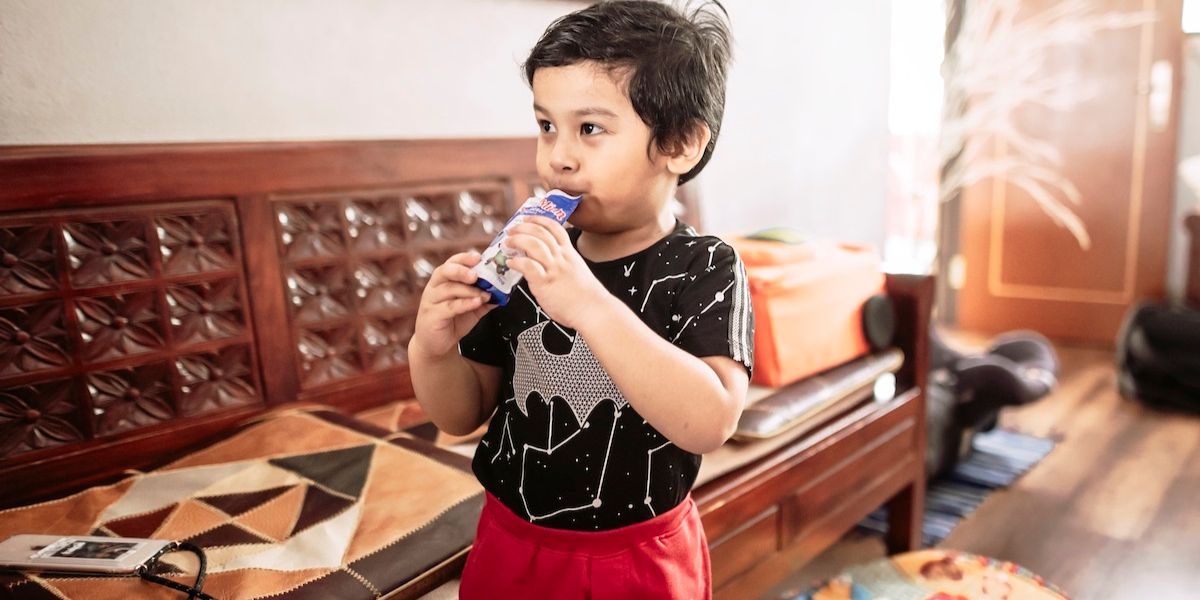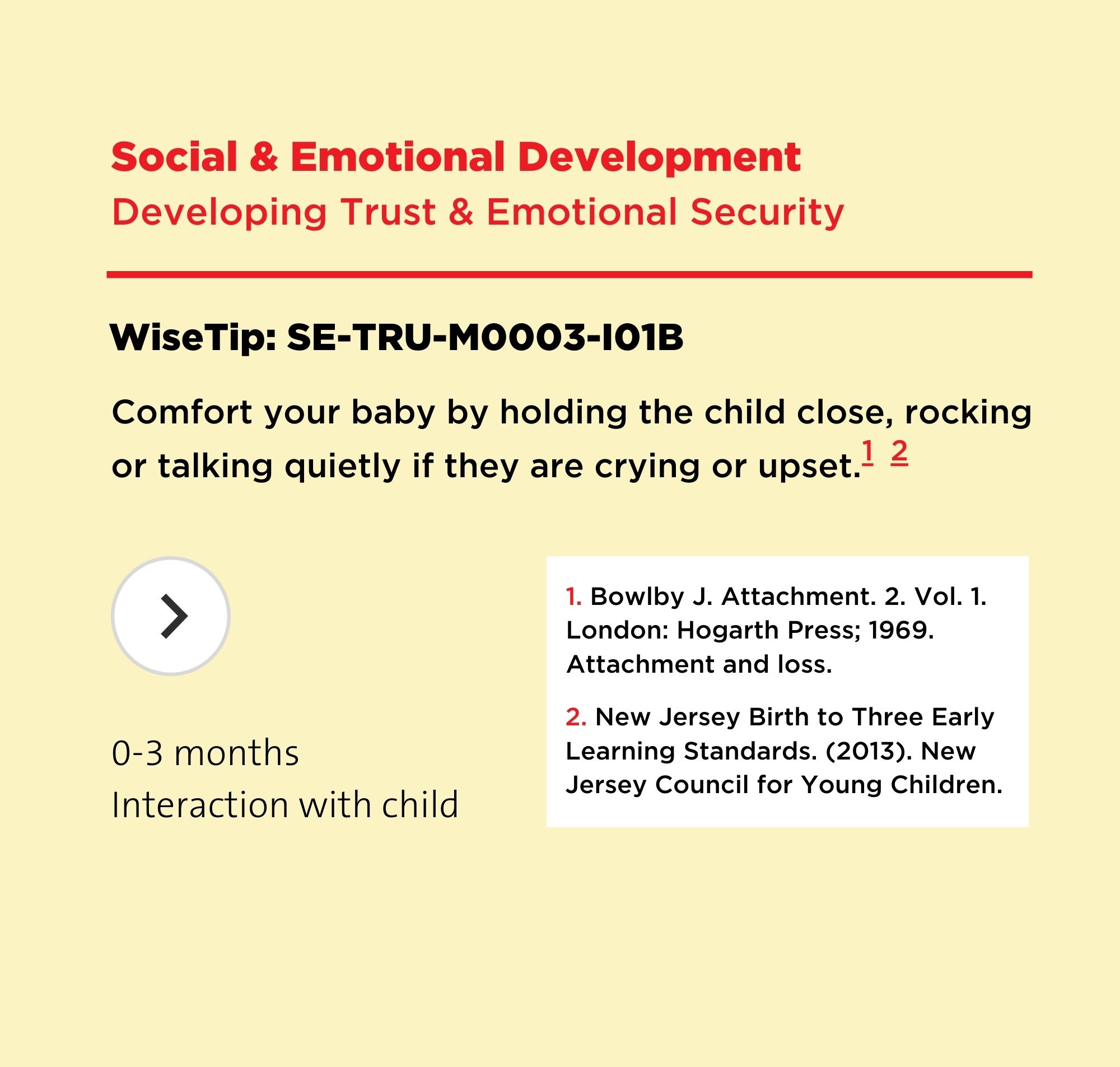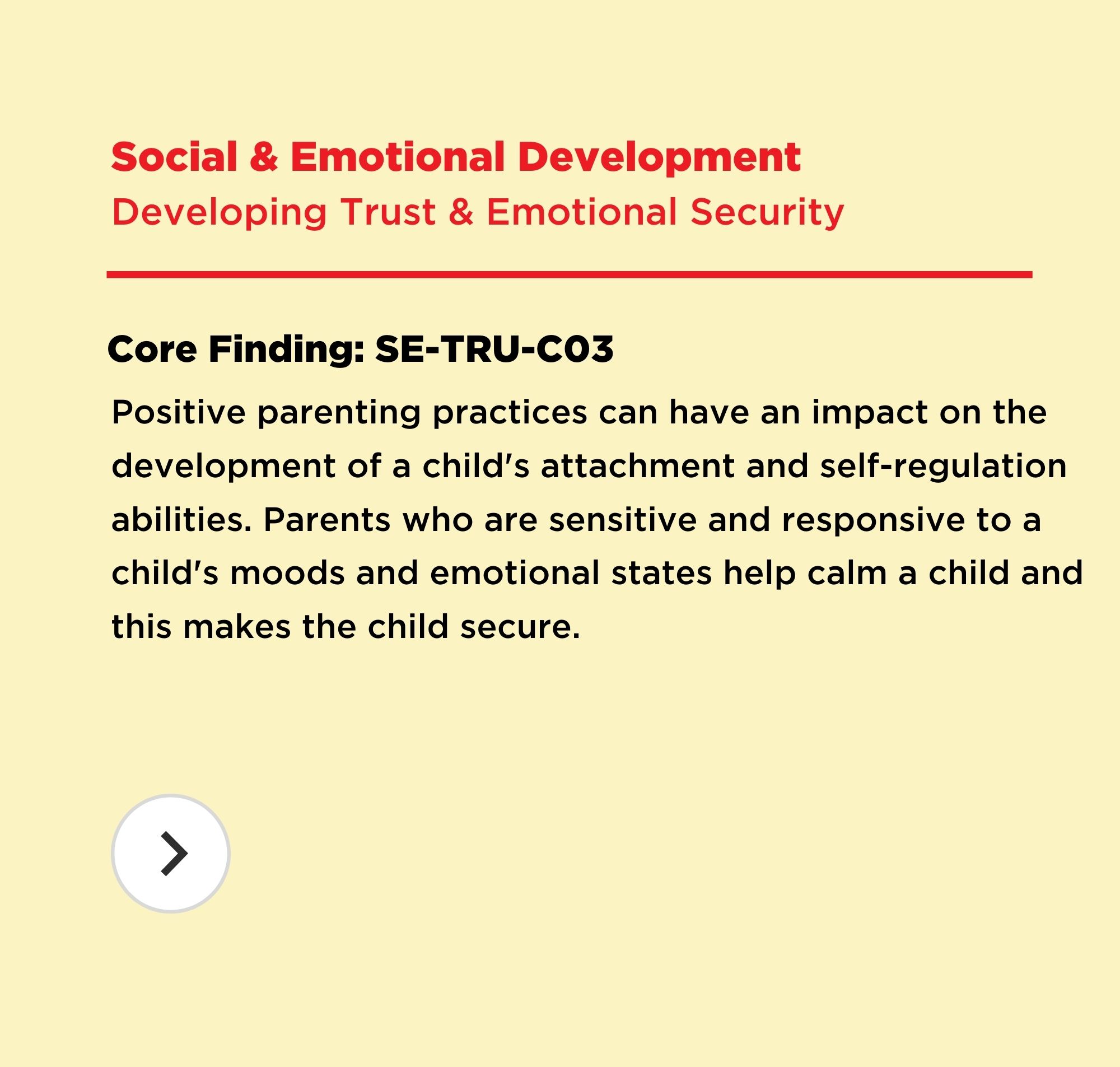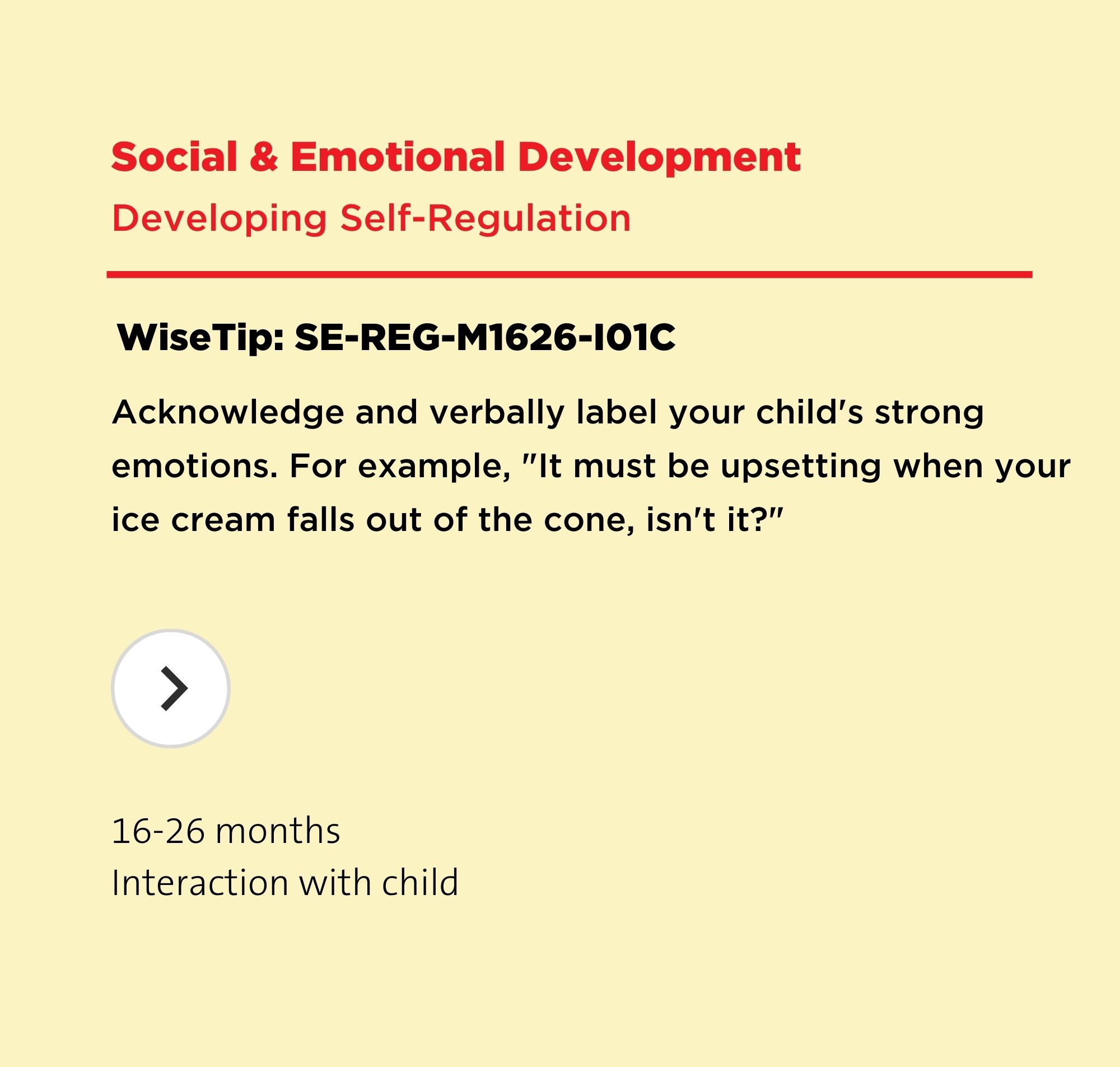Families For Life | 10 Things To Say To Your Child Instead of Stop Crying
What’s the first thing you say when your child is crying?
I used to yell: “Stop crying! No crying! Stop now!” Then I realised, not only was yelling not helping the situation, my child was being robbed of the opportunities to learn to communicate and regulate his emotions.
Children experience a whirlwind of emotions throughout the day. All the feelings they experience are valid – it is part of their growth and development. Just like the characters in the movie Inside Out , every emotion has a purpose!
Most of the time, children end up crying when they cannot find the words to express themselves, control their impulses, or analyse the situation. This is because their prefrontal cortex is not fully developed.
It's not their fault!
Let’s put ourselves in the shoes of our kids.
Imagine you are very upset about something at work and feeling very emotional. Would you prefer your husband say, “Hey, tell me about it” or “Stop crying, it’s a small issue”? Which is more helpful? Which response makes you feel loved and supported? I would definitely prefer the former.
So instead of saying “stop crying” to your child, here are 10 things you can say instead, divided into two main segments – "Label Their Emotions" and "Provide Support".
Note: Before saying anything, please make sure that you are calm and composed. If you are agitated, I suggest you step aside and take a breather to avoid adding to the chaos.
LABEL THEIR EMOTIONS
When your child is crying inconsolably, try to label their emotions and provide support. We want our children to know that every emotion they experience is valid and there is nothing wrong with crying.
We teach them the names of the feelings so that the next time they experience the same big emotions, they can use the exact words you taught them instead of crying. We are honing their communication skills in the process.
Acknowledging their emotions without judging makes our children feel that we are on their side.
Here are 5 alternative responses that label your child's emotions:
That was really… (e.g. painful/sad/scary/frustrating).
It is not fair that… (e.g. you didn’t get to eat a chocolate cookie).
You are feeling… (e.g. angry) because… (e.g. your sister destroyed your Lego).
It was difficult for you when… (e.g. Papa goes for work and you miss him).
You wanted… (e.g. to buy the toy car) but I won’t let you. You feel… (e.g. upset).
PROVIDE SUPPORT
When your child is emotional, irrational or out of control, that is when they need you the most. They can’t stop the big feelings because they are just not able to regulate their emotions. Their brains are not ready!
Here are 5 phrases to provide support and let your child know that you are fully present:
I will be here for you.
You have my listening ear. Tell me about it when you are ready.
Let me help you.
If you need a hug, my arms will always welcome you.
Let’s work on this problem together.

It Takes Patience And Practice
I haven’t said “stop crying” in a while, and I noticed that the duration of each meltdown has reduced.
Of course, it takes lots and lots of patience and practice on my part, but I make a conscious effort to avoid those two words.
This article was originally published on Jacinth's blog, Our Little Playnest and is republished with permission. Find her free refrigerator sheet for parents, "10 things to say instead of 'stop crying'" over at her website's resource library.


